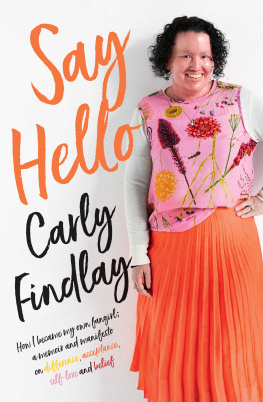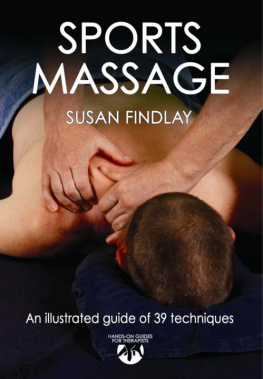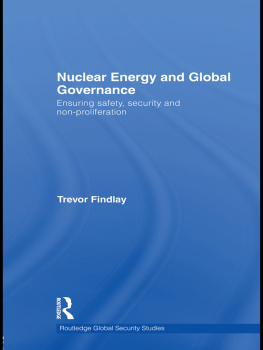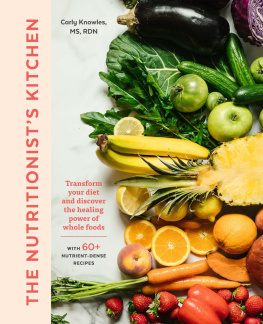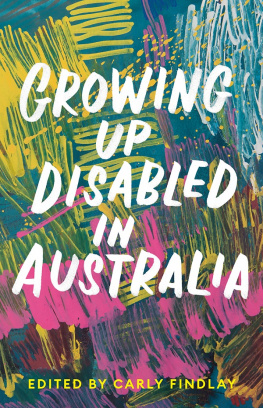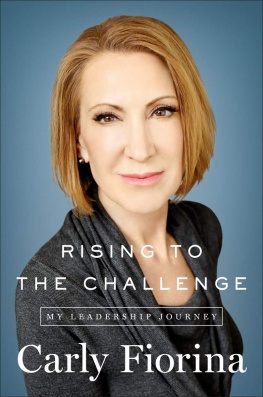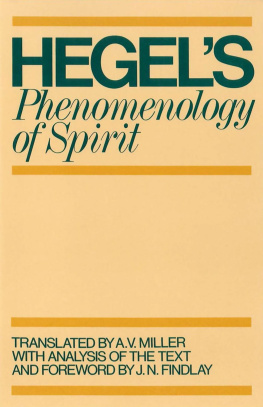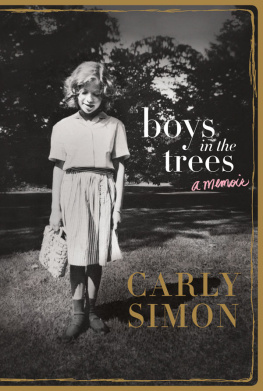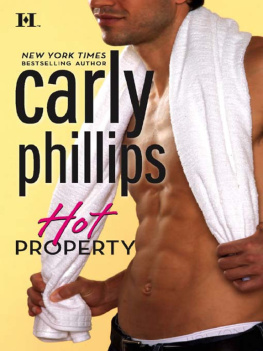Carly Findlay - Say Hello
Here you can read online Carly Findlay - Say Hello full text of the book (entire story) in english for free. Download pdf and epub, get meaning, cover and reviews about this ebook. year: 2018, publisher: 4th Estate, genre: Politics. Description of the work, (preface) as well as reviews are available. Best literature library LitArk.com created for fans of good reading and offers a wide selection of genres:
Romance novel
Science fiction
Adventure
Detective
Science
History
Home and family
Prose
Art
Politics
Computer
Non-fiction
Religion
Business
Children
Humor
Choose a favorite category and find really read worthwhile books. Enjoy immersion in the world of imagination, feel the emotions of the characters or learn something new for yourself, make an fascinating discovery.
- Book:Say Hello
- Author:
- Publisher:4th Estate
- Genre:
- Year:2018
- Rating:4 / 5
- Favourites:Add to favourites
- Your mark:
- 80
- 1
- 2
- 3
- 4
- 5
Say Hello: summary, description and annotation
We offer to read an annotation, description, summary or preface (depends on what the author of the book "Say Hello" wrote himself). If you haven't found the necessary information about the book — write in the comments, we will try to find it.
Say Hello — read online for free the complete book (whole text) full work
Below is the text of the book, divided by pages. System saving the place of the last page read, allows you to conveniently read the book "Say Hello" online for free, without having to search again every time where you left off. Put a bookmark, and you can go to the page where you finished reading at any time.
Font size:
Interval:
Bookmark:
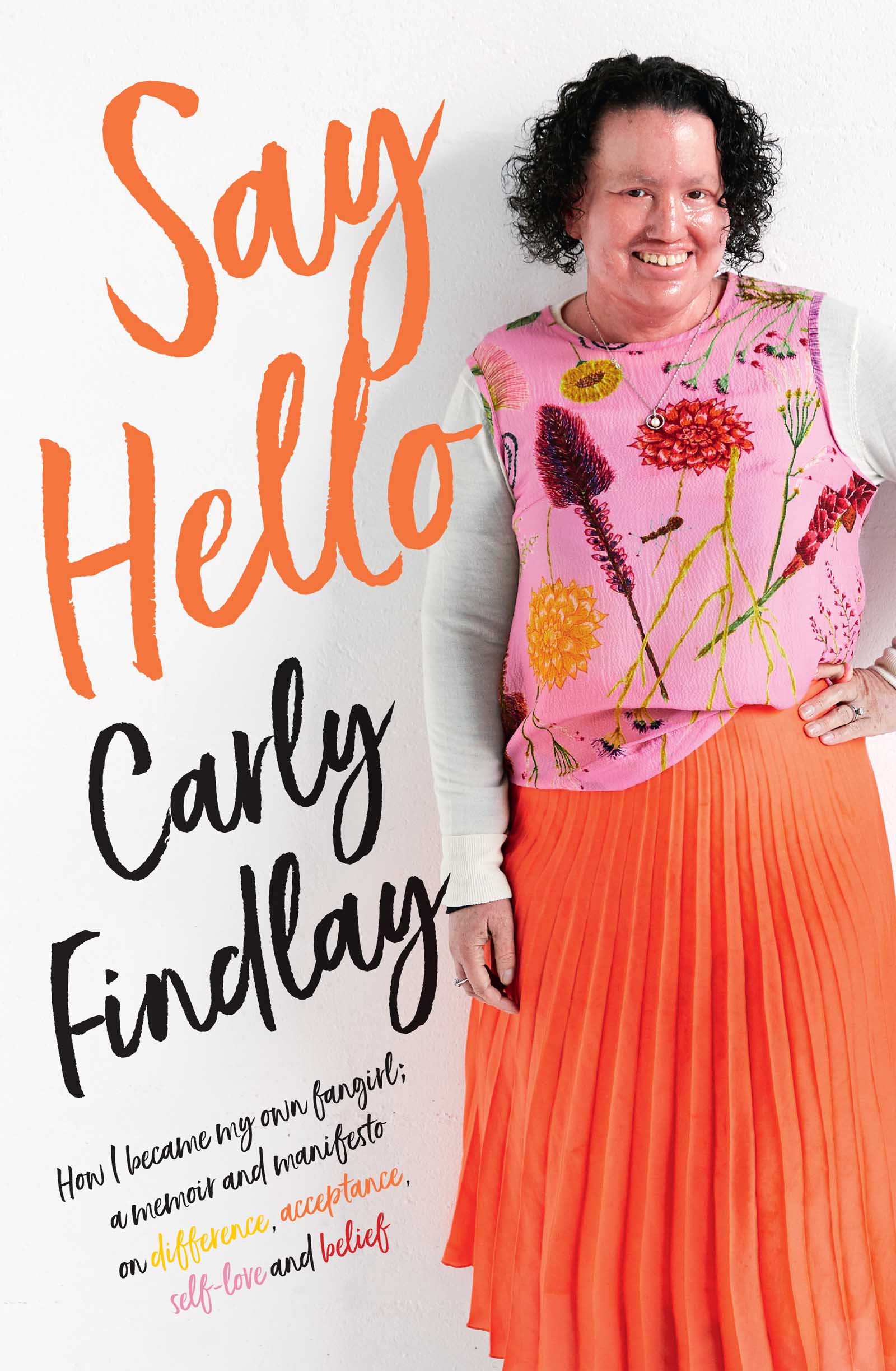
CARLY FINDLAY is an award-winning writer, speaker and appearance activist. She writes on disability and appearance diversity issues for news outlets including the ABC, The Age and Sydney Morning Herald, and SBS. She was named as one of Australias most influential women in the 2014 Australian Financial Review and Westpac 100 Women of Influence Awards. She has appeared on ABC TVs You Cant Ask That and Cyberhate with Tara Moss, and has been a regular on various ABC radio programs. She has spoken at the Melbourne Writers Festival, the University of Western England and Melbourne University to name a few. She organised the history-making Access to Fashion a Melbourne Fashion Week event featuring disabled models. She has a Masters of Communication and Bachelor of eCommerce. Carly identifies as a proud disabled woman she lives with a rare, severe skin condition, ichthyosis. She also co-hosts a funny podcast called Refreshments Provided that could do with a few more listeners.
CarlyFindlay.com.au
facebook.com/tune.into.radio.carly
twitter.com/CarlyFindlay
instagram.com/CarlyFindlay
RefreshmentsProvided.com
Often the first thing people say to me is a comment or question about my appearance. Even before they say hello.
They blurt out what theyre thinking sometimes out of concern, and other times because they dont think. Things like:
What happened?
What happened to your face?
Are you sunburnt?
Im so sorry [for how you look].
Oh, God.
Look at her.
Whoa.
Holy shit.
Mum, did you see that lady?
Occasionally, they stare sometimes glancing quickly, but other times their heads turn, mouths flapping. They stop what they were saying to have another look, nudging their friends. Did you see her?
It never fails to surprise me that some people just dont know how to behave. I wonder whether theyd appreciate being asked personal questions as a greeting.
Conversely, some people are uncomfortable about my appearance. They avoid conversation and look away. They can barely mutter a Hello.
So I invite all these people to say hello. To drop their preconceptions. To say hello to someone they might be afraid of, and see that I am approachable, friendly and ready for conversation beyond my appearance.
To be clear, Im not trying to encourage the condescending contact and smiles that are all about making the other person feel good about interacting with a disabled person. I dont mean for non-disabled people to grin widely and say hello (and offer a pat on the head) to disabled people as they pass us in the street. Its about meaningful conversations in relevant situations. I think, when someone needs to engage with a disabled person, the first thing they should say is Hello not something inappropriate that they wouldnt want said to themselves.
I notice it, you see. I notice people treating me differently from the way they treated the person in front of me in a queue I often receive a completely different reaction or level of service. Peoples expressions change when they see me they place money on the counter rather than in my hand, and they seat me facing the wall in restaurants, so I wont scare away other diners.
Sometimes people ask me how they should behave around me, or others who have a facial difference or disability.
A quick answer: how would you behave around anyone else? And another question: would you need instructions about how to speak to a person from a different marginalised group?
Probably not.
How would you like to be treated if you had a facial difference or disability? Would you like to be stared at, or not looked at altogether? Would you want intrusive questions asked on a regular basis?
Or would you rather someone see you, smile at you politely and say, Hello?
I think you know the answer.
I hope this book will help readers find the courage to look the world in the eye when the world sometimes looks away, or looks too much.
Go on. Say hello.
Lines from You Get Proud by Practicing (laurahershey.com) reproduced with kind permission from Robin Stephens.
A version of the chapter Woman of colour? first appeared on Ravishly. It will be included in Growing Up African in Australia (ed. Maxine Beneba Clarke), Black Inc., 2019.
All reasonable attempts have been made to contact the rights holders of quoted material. If you have not been correctly attributed, please contact the publisher so that appropriate changes can be made to any reprint.
HarperCollinsPublishers
First published in Australia in 2019
by HarperCollinsPublishers Australia Pty Limited
ABN 36 009 913 517
harpercollins.com.au
Copyright Carly Findlay 2019
The right of Carly Findlay to be identified as the author of this work has been asserted by her in accordance with the Copyright Amendment (Moral Rights) Act 2000.
This work is copyright. Apart from any use as permitted under the Copyright Act 1968, no part may be reproduced, copied, scanned, stored in a retrieval system, recorded, or transmitted, in any form or by any means, without the prior written permission of the publisher.
HarperCollinsPublishers
Level 13, 201 Elizabeth Street, Sydney, NSW 2000, Australia
Unit D1, 63 Apollo Drive, Rosedale 0632, Auckland, New Zealand
A 75, Sector 57, Noida, Uttar Pradesh 201 301, India
1 London Bridge Street, London SE1 9GF, United Kingdom
Bay Adelaide Centre, East Tower, 22 Adelaide Street West, 41st Floor, Toronto, Ontario, M5H 4E3, Canada
195 Broadway, New York, NY 10007, USA
ISBN 978 1 4607 5503 7 (paperback)
ISBN 978 1 4607 0939 9 (ebook)
A catalogue record for this book is available from the National Library of Australia
Cover design by Hazel Lam, HarperCollins Design Studio
Cover photography by Kristoffer Paulsen
This book uses a few terms that you might not be familiar with.
I use disabled people rather than people with disability. This is because I see disability as being a key part of someones identity, just like gender, race, sexuality and religion. Its not to be hidden. And while I love a good accessory, I dont carry disability around like a handbag. Its not an add-on to who I am.
Its my belief that saying the words disability and disabled rather than euphemisms and made-up words like special needs, differently abled and diffability reduces the stigma around disability.
Non-disabled people are people who dont have a disability.
I talk about appearance diversity and facial difference these are self-explanatory when referring to people whose faces look different from those belonging to most of society.
I refer to the social model of disability -whereby society is the disabling factor, rather than my body. Factors like the built environment, low expectations of disabled people, and discrimination are disabling. My appearance and body is not faulty or something to be ashamed about.
I talk about impairment thats a diagnosis that causes an abnormality in the function or appearance of a persons body.
Ichthyosis is the rare, severe skin condition that I was born with. It causes red, scaly skin; its prone to pain, itchiness and infections. My daily treatment is paraffin ointment applied to my whole body after a shower twice daily, and extra ointment on my face when needed, an antihistamine, and a mild painkiller if needed.
Sometimes I refer to
Font size:
Interval:
Bookmark:
Similar books «Say Hello»
Look at similar books to Say Hello. We have selected literature similar in name and meaning in the hope of providing readers with more options to find new, interesting, not yet read works.
Discussion, reviews of the book Say Hello and just readers' own opinions. Leave your comments, write what you think about the work, its meaning or the main characters. Specify what exactly you liked and what you didn't like, and why you think so.

